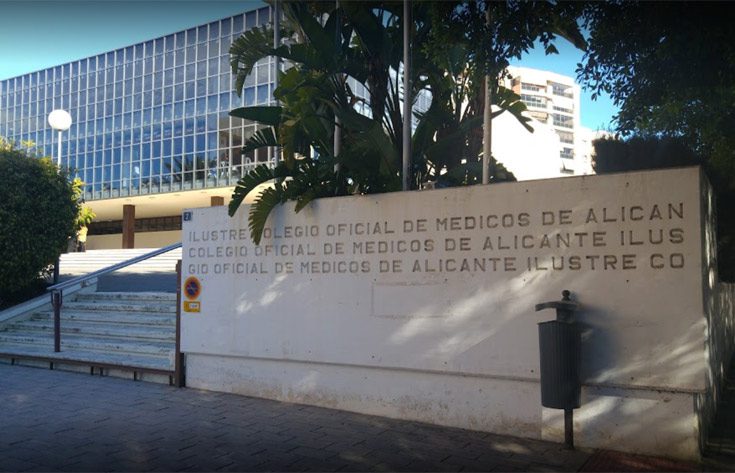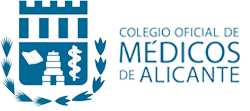The Illustrious Oficial Organizations of Physicians of Alicante’s county is a public law corporation that must collaborate in favor of a free and democratic society. A public law corporation in which the state delegates functions that goverments cannot reach.
The origin of the current structure of the Organization of Physicians can be found in the Organic Law of Health of 1855- In its Article 80, medical juries are created in order to prevent, admonish and qualify the faults that teachers comment on in the exercise of their respective faculties, regularize their fees, in certain cases, repress all professional abuses that can given scope in practice, and in order to establish a strict medical morality, a qualifying medical jury will be organized in the capital of each county.
The Valencian region has its own Law of Professional Associations approved in 1997. Thus, and although this Association enjoys self-regulation, self-management and self-goverment, it must be remembered that the Medical Associations of each county have the obligation by law to join the Autonomous Council and the General Council of the Physicians Medical Organization as a national regulatory body.












